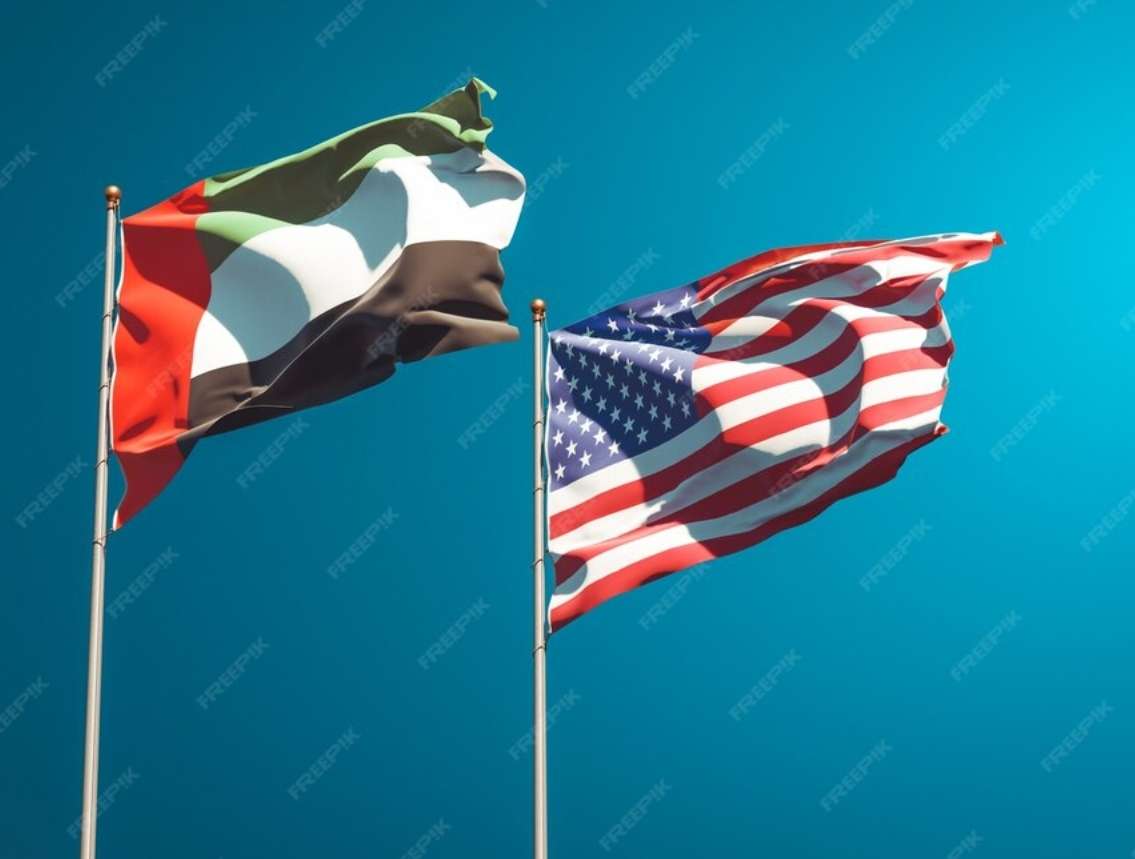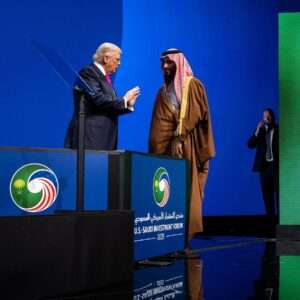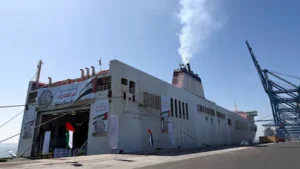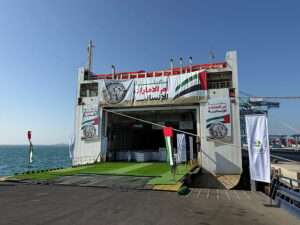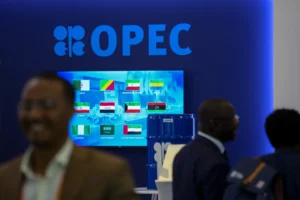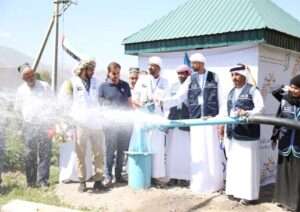By Avi kaner
In July 2025, Abu Dhabi brought Azerbaijani President Ilham Aliyev and Armenian Prime Minister Nikol Pashinyan to the same table. This was no ceremonial handshake. It was a turning point that shifted a mediation process that had been stalled, into a full-blown peace agreement.
For decades, efforts to resolve the conflict have faltered. Russia’s brokered deals collapsed, the European Union lacked leverage, and the Minsk Group became a forum for statements rather than solutions. Into this deadlock stepped the United Arab Emirates: a mediator with balanced relations with both sides. The UAE’s deep economic ties and reputation for discretion created the safe, neutral space the process needed.
These are not just two modern states in conflict – they are descendants of some of the world’s oldest cultures. Armenia traces its roots to the ancient Urartian kingdom and is one of the first nations to adopt Christianity. Azerbaijan stands at the crossroads of the Caucasus and Persia. Their shared region has seen empires rise and fall for thousands of years, making peace both a political goal and a bridge between civilizations.
Timing was everything. Russia was mired in Ukraine. The EU was divided. Turkey was rejected by Armenia as a mediator. The UAE stepped into the vacuum, speaking to all sides without aligning with any geopolitical bloc.
In Abu Dhabi, the talks tackled the hard issues head-on: border demarcation, the Zangezur Corridor, prisoner exchanges, and non-aggression guarantees. The dialogue took place away from media glare, under a framework free of imposed conditions. Sheikh Mohammed bin Zayed anchored the effort in a broader strategic vision, using peace – not just to end conflict, but to open channels for development, trade, and shared prosperity. This laid the groundwork for the Washington Agreement, with the peace agreement signed with president Trump a few days ago.
The mediation went beyond politics. Abu Dhabi leveraged economic capital – from energy partnerships with Azerbaijan to green economy and transport projects with Armenia – reframing peace as a joint development strategy rather than a paper agreement. It was a win-win.
The result: the UAE has now joined the ranks of globally trusted mediators, evolving from a security and economic partner of Washington into a shaper of new regional orders. The message is clear: peace-making is not the monopoly of great powers, but of those with the will, the timing, and the trust to make it happen. We are hopeful that the UAE will leverage its abilities to help resolve other conflicts, near and far.

